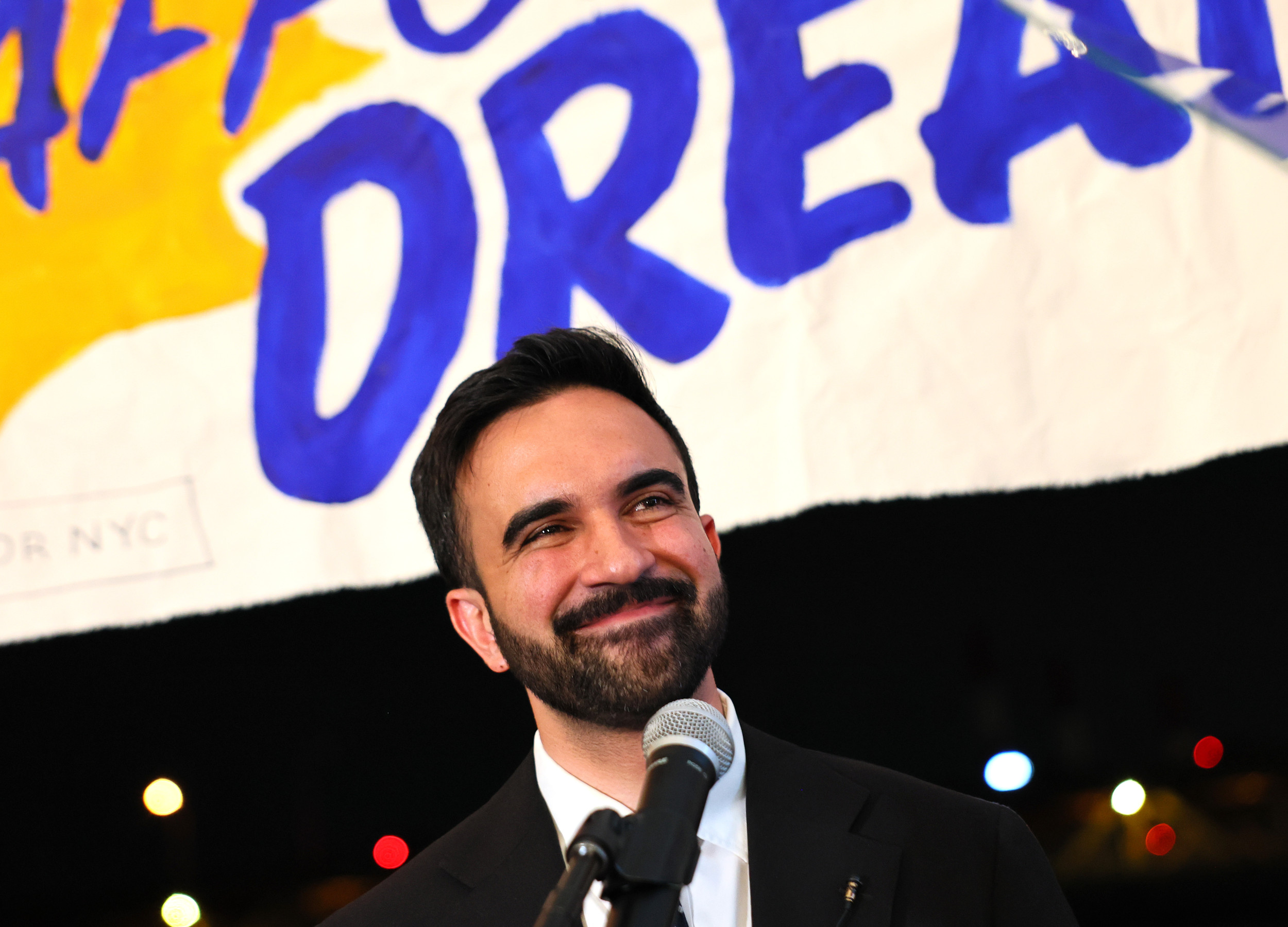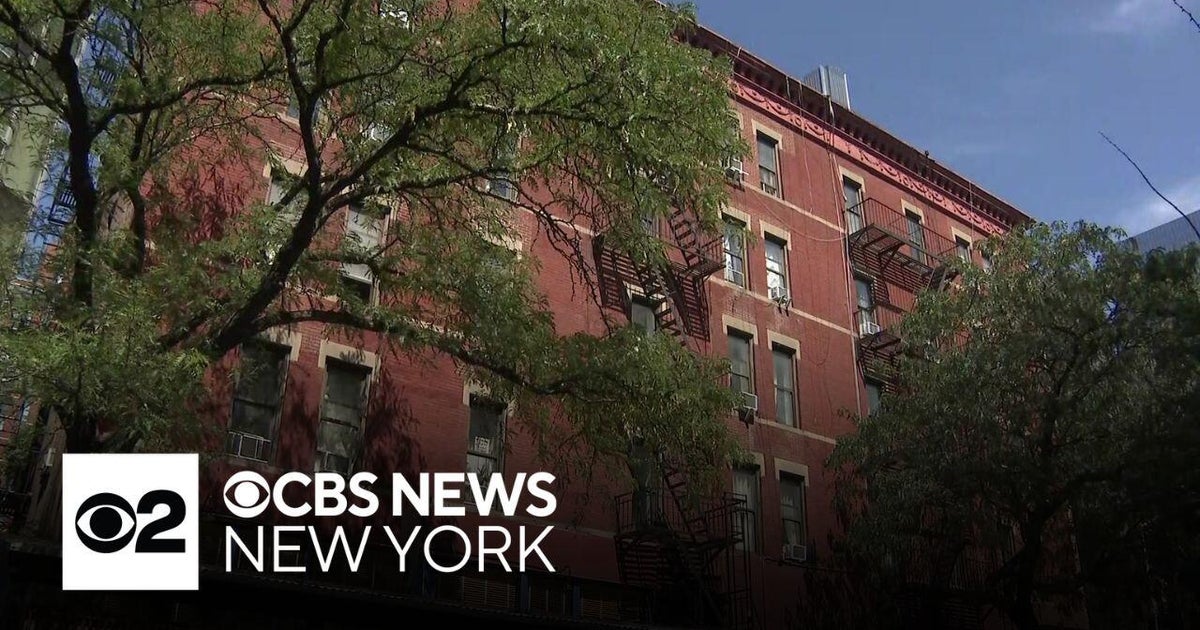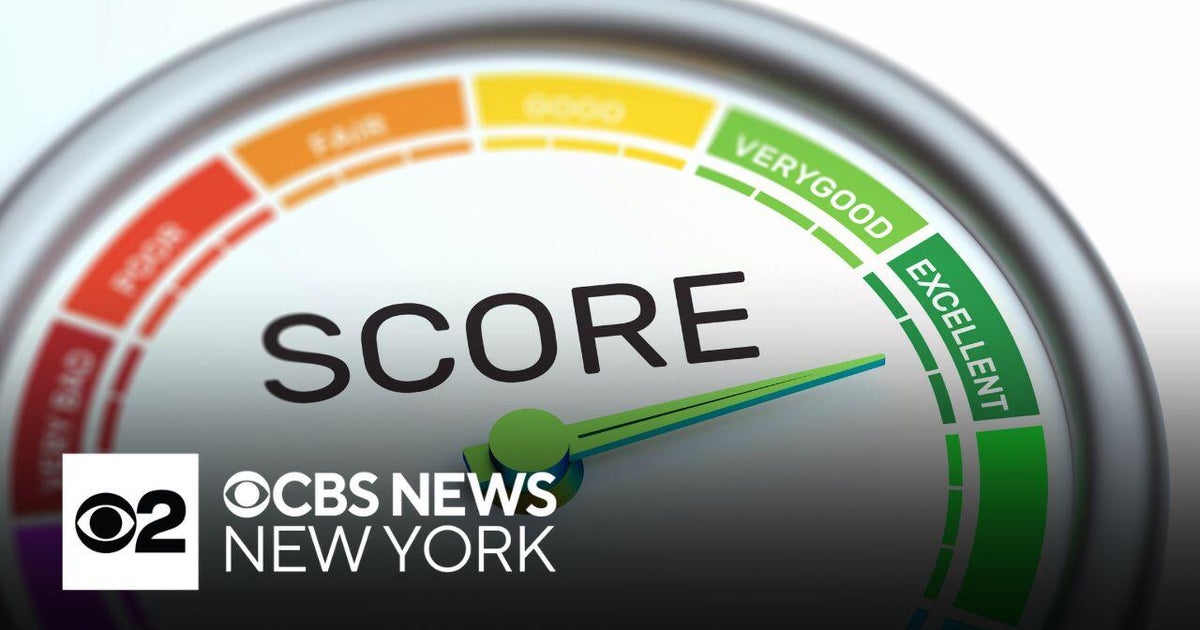NYC's Election: A Wake-Up Call for Moderate Voters
The recent New York City mayoral primary election reveals a concerning trend in American politics. Zohran Mamdani, a self-proclaimed "Democratic socialist," won the Democratic nomination with surprisingly few votes, highlighting several key issues.
The Power of a Small Minority
While over 3 million people are registered Democrats in NYC, only a small fraction actually voted in the primary. Mamdani's victory was secured with just 432,000 votes—a mere 5% of all New Yorkers and less than 10% of registered voters. This signifies the outsized influence of a highly motivated minority in shaping election outcomes, even in a major city like NYC.
This trend isn't unique to NYC. Similar patterns have been observed in other large cities, such as Chicago, where a similarly small percentage of voters determined the mayoral outcome.
The Shifting Landscape of the Democratic Party
The election also underscores the significant leftward shift within the Democratic Party. The once-unthinkable identification as a "Democratic socialist" is now a viable, and perhaps even advantageous, position for candidates. This challenges the traditional norms and potentially leaves moderate voters feeling unrepresented.
The Party's Adaptability
Traditionally, candidates adapted to the party platform. Now, the party bends to the candidate's views. This is evident not just in the Democratic Party but also the Republican Party, exemplified by the influence of figures like Donald Trump and Bernie Sanders on their respective parties.
The Path Forward
To counteract this trend, moderate voters need to become more actively involved in the primary process. Simply put: show up and vote. Otherwise, the political landscape will continue to be shaped by a highly engaged minority, potentially leading to outcomes that don't reflect the will of the majority.








Comments
Join Our Community
Sign up to share your thoughts, engage with others, and become part of our growing community.
No comments yet
Be the first to share your thoughts and start the conversation!